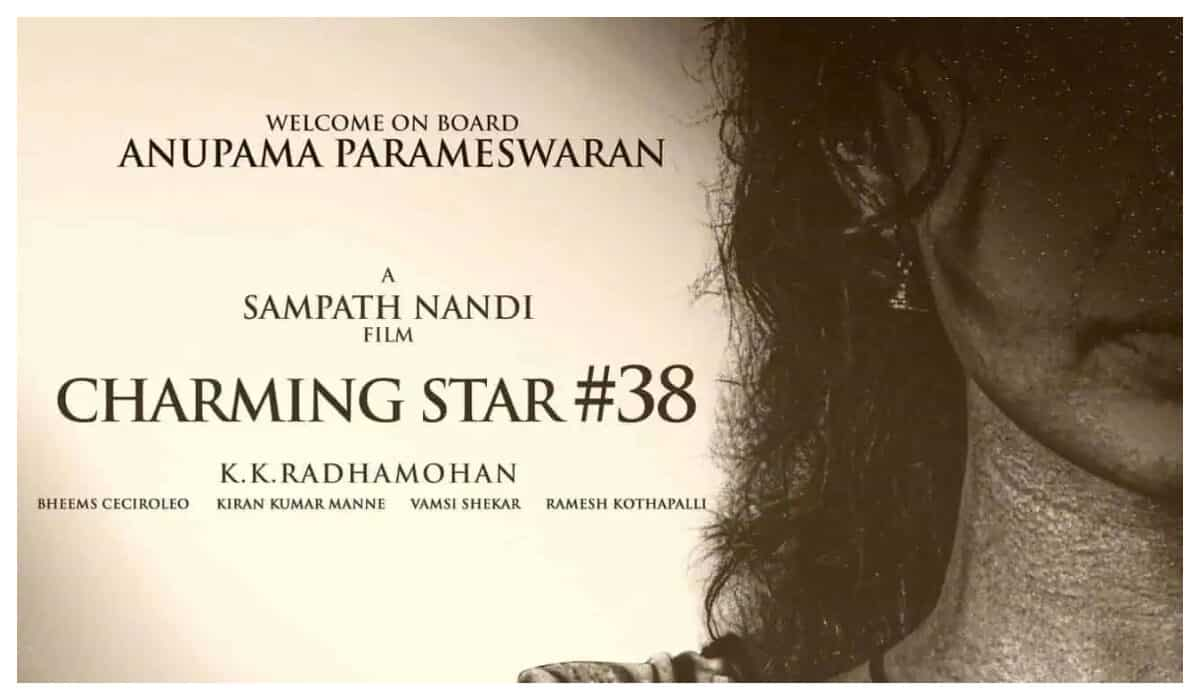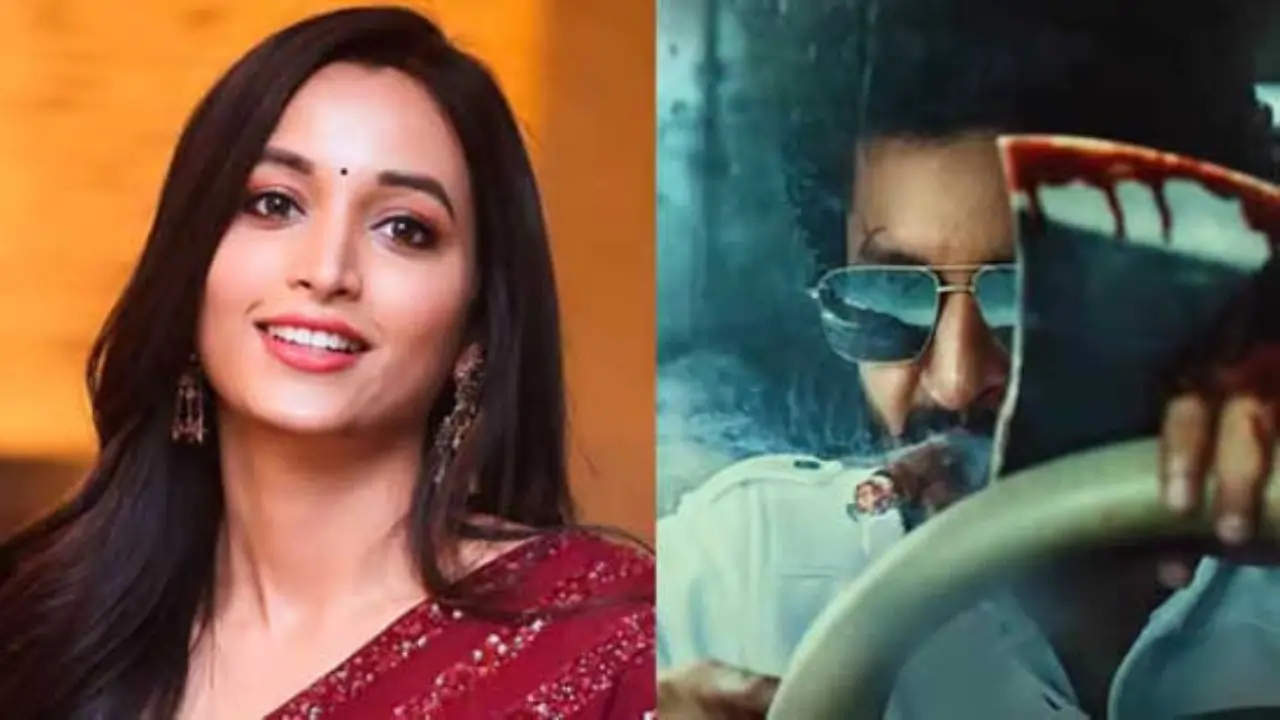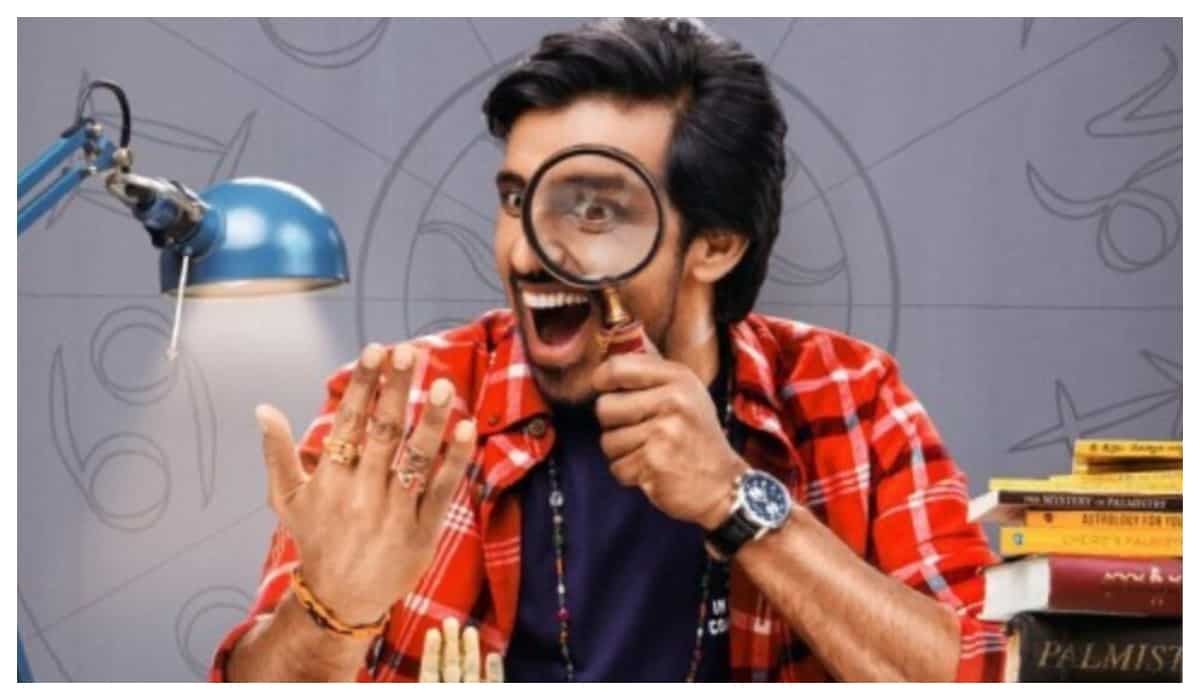
How Paralympic double medallist Preethi Pal found her feet
7 months ago | 101 Views
New Delhi: Seated in a quiet corner and digging tentatively into her refreshments, it is hard to tell Preethi Pal is India’s only athlete to win two track medals in an Olympics or Paralympics. After she became the first in independent India to win a track medal in either Games.
The dizzying high of the Paris Paralympics is yet to sink in, as is the significant monetary reward she had just earned from the government. She is still coming to terms with the dramatic turn her life has taken over the past few months.
“It is unbelievable. Five months back, I was a nobody. Now, I have four international medals,” she says, referring to the bronze medals in the T35 100m and 200m events at the World Para Athletics Championships and a brace of bronze in the same events at the Paris Paralympics this month.
“In moments like these, it is hard to forget where you have come from.”
Belonging to Hashampur village in Uttar Pradesh’s Muzaffarnagar district, Preethi, the second girl child of her parents, was born with deformed feet.
“People would say, ‘ek to ladki, upar se viklang’. (She is a girl in the first place, and on top of that she is born with a disability). I don’t think many people were happy at my birth. Everyone wanted a boy.”
Within six months of her birth, her legs were put in a cast, but that did little to improve her posture. By the time she turned seven, someone suggested she wore calipers and Preethi slipped into them for eight years.
“I had all sorts of treatment. People called me a curse but my parents were adamant to cure me. They did whatever they could.” That also meant giving in to strange practices, more out of hope than expectations. One such trick involved making Preeti stand in cow dung during solar eclipses, believing that the divine concoction of eclipse and excreta would magically reshape her legs.
“My mother truly believed in it. She would cover me knee down in cow dung during the eclipse. Standing for hours was quite painful but I was told it was a cure.”
The quackery didn’t work, neither did the primitive medical care her parents could afford. Preethi had trouble standing straight and taunts flew thick and fast from the villagers. She could not rest on her heels, but still showed early signs of becoming a track athlete.
As years rolled on, Preethi’s parents sent their kids – two girls and two boys – to their grandparents’ house in Meerut for better education.
“At school, I was more interested in sports than studies. I would compete with able-bodied children and was quite swift. My biggest weakness was my greatest strength in athletics because in sprints, one is required to run on the toes. That came naturally to me,” she said.
The turning point arrived when she visited Kailash Prakash Stadium in Meerut to look for professional training. She met para discus thrower Fatima Khatoon there and she opened her to the possibilities of para sports. As Preethi’s interest piqued, she started watching Instagram reels of para athletes.
“I was quite fascinated by blade runners. If they can run despite amputated legs, I can surely do it.”
Life in Meerut though was not easy. With grandparents and younger siblings to take care of, Preethi would wake up early, cook for the family, and cycle five kilometres to train. Her father’s dairy too had run into trouble with business drying up post Covid.
“I didn’t know what an athlete’s diet should be. There was anyway never enough money to afford good food. On days when I could purchase a glass of juice, I felt blessed. I would be drained out by the time I reached the stadium and there was no post-training rest or recovery,” she says.
Preethi made her international debut at the Para Asian Games in Hangzhou last year, finishing fourth in T35 100m and 200m events. “Finishing outside the medals left me devastated. I thought my career had ended,” she says.
Once back, she bared her insecurities to Khatoon who took her to Gajendra Singh, an armyman and coach-husband of para athlete Simran Sharma – she won the 200m bronze in T12 category for the visually impaired. Having watched her from close quarters in the circuit, Simran convinced Gajendra to train Preethi.
“The coach took me in on one condition, that I will never say no to training. He changed my technique, gave me proper nutrition, and worked on my endurance and strength. The medals in Kobe gave us a lot of confidence.”
Going into Paris, the once ‘cursed’ Preethi was confident of coming home with a medal. She celebrated the feat at the Eiffel Tower with Gajendra, Simran, and the latter’s guide runner. “We laughed and cried. Life can be brutal, but if you work hard enough, you will find a reason to celebrate.”
Read Also: You will start to see a calendar for franchise cricket: Smith
HOW DID YOU LIKE THIS ARTICLE? CHOOSE YOUR EMOTICON !
#




















